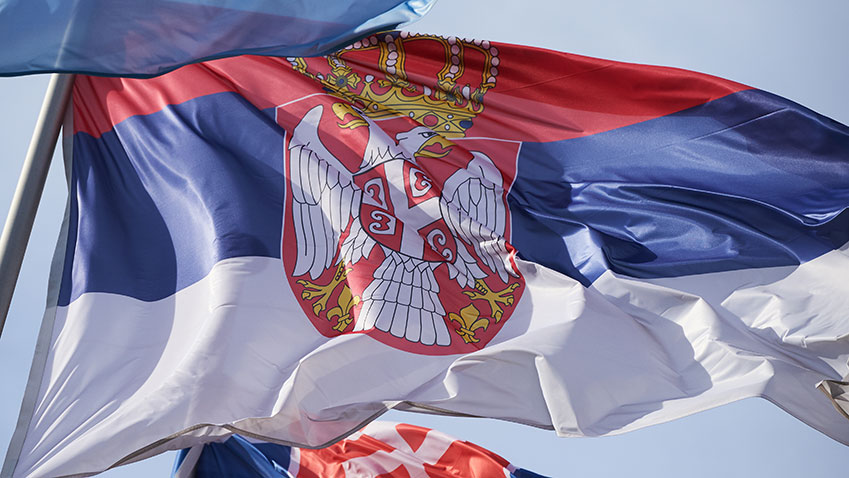Over the past five years, Serbia has made progress in the implementation of its undertakings under the European Charter for Regional or Minority Languages (ECRML), but bilingual education be promoted, use of minority languages in the media extended, and national councils of national minorities strengthened, said the Committee of Experts of this Council of Europe treaty in its new report covering the situation up to October 2022.
The European Charter for Regional or Minority Languages entered into force in the Republic of Serbia in 2006. It applies to Albanian, Bosnian, Bulgarian, Bunjevac, Croatian, Czech, German, Hungarian, Macedonian, Romani, Romanian, Ruthenian, Slovak, Ukrainian and Vlach. The report contains snapshots of the situation of each of these languages, and assesses whether there has been improvement, deterioration, or no change.
Overall, the Committee says, Serbia has made progress in the implementation of the Languages Charter. The Committee is pleased to note that the process of introducing minority languages into official use has continued and accelerated. While these decisions constitute commendable progress, it says, additional municipalities where minority languages, including Romani and Ukrainian, have been traditionally used still need to introduce them into official use.
Education in the minority language at different levels is organised in Albanian, Bosnian, Bulgarian, Croatian, Hungarian, Romanian, Ruthenian and Slovak. “It works very well and leads to good results”, the report says. Several minority languages are taught in the framework of the elective subject/programme “mother tongue with elements of national culture” for only two hours per week, and the Committee is aware that in this situation pupils do not acquire proficiency in the minority language. Some minority languages are not used at certain levels of education at all. In certain cases, there is a lack of availability and continuity of minority-language education at pre-school, primary and secondary levels. To address these shortcomings, there is a need to extend and/or provide bilingual education, as it is the only model in Serbia that meets the minimum requirements of the Charter.
As for adult education, there is no certified adult education for any minority language organised by the authorities, except for Hungarian.
Most minority languages have been used in criminal and civil court proceedings, but not in proceedings concerning administrative matters. Such use should be encouraged.
Except Hungarian, minority languages are not used in contacts with and by local branches of the national authorities. At the level of municipalities, these languages are used to a certain extent in communication with local authorities.
The minority languages are used in public and private television and radio programmes. Despite the positive overall picture, the Committee reiterates its previous recommendation to extend the duration of programmes in minority language, broadcast them on a more regular basis and include content of various genres appealing to different generations. The Serbian authorities should develop, for each minority language, a comprehensive broadcast media plan, the Committee says. New media should be included in the offer. The frequently changing private/local media landscape creates an uncertainty for the promotion of minority languages.
A considerable number of cultural activities in all minority languages have been supported by the authorities.
The budgetary and staff capacity of national councils of national minorities should be considerably strengthened to effectively promote the minority languages in public life and to fully perform the role of advisory bodies on minority language policy in accordance with the Charter.
There is a need to include content about each minority language and its culture in curricula, teacher training and educational materials in mainstream education and encourage the mass media to raise awareness about it in reporting and journalist training.
The 5th evaluation report of the Committee of Experts of the European Charter for Regional or Minority Languages is based on the information provided by governmental and non-governmental sources, including that obtained during its visit to Serbia in October 2022.
The evaluation report has been published together with comments from the authorities.





